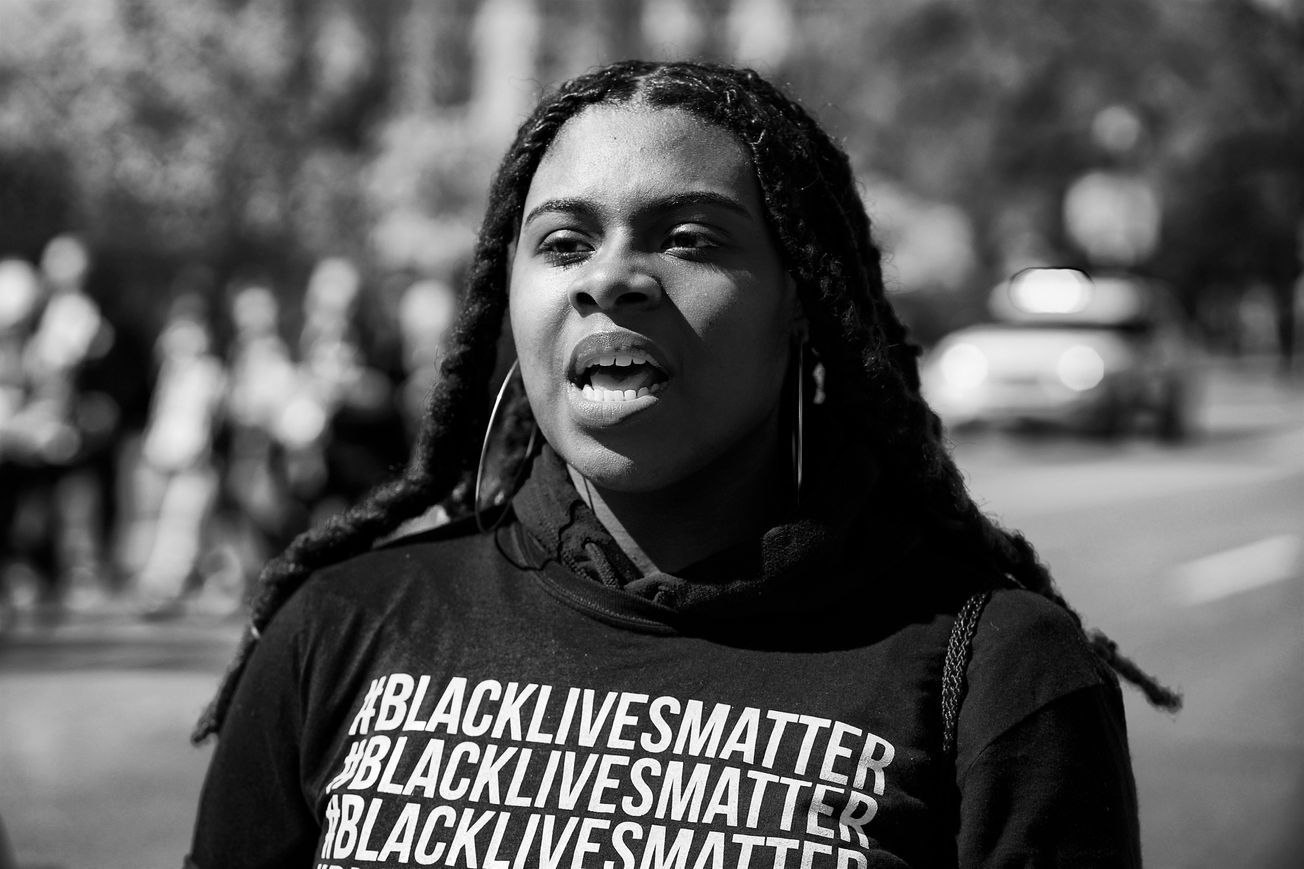By Jack Charters, Features Editor
With the footage of George Floyd’s death at the hands of Minneapolis police officers provoking universal condemnation and nation-wide protest across the USA, the Black Lives Matter movement and its challenge to preconceptions about race have never been more important.
Protests are moving across to the UK - a demonstration occurred in Peckham on 30 May and many others are planned for this week, leaving many students asking how they can get involved.
| How Bristol students can get involved with Black Lives Matter
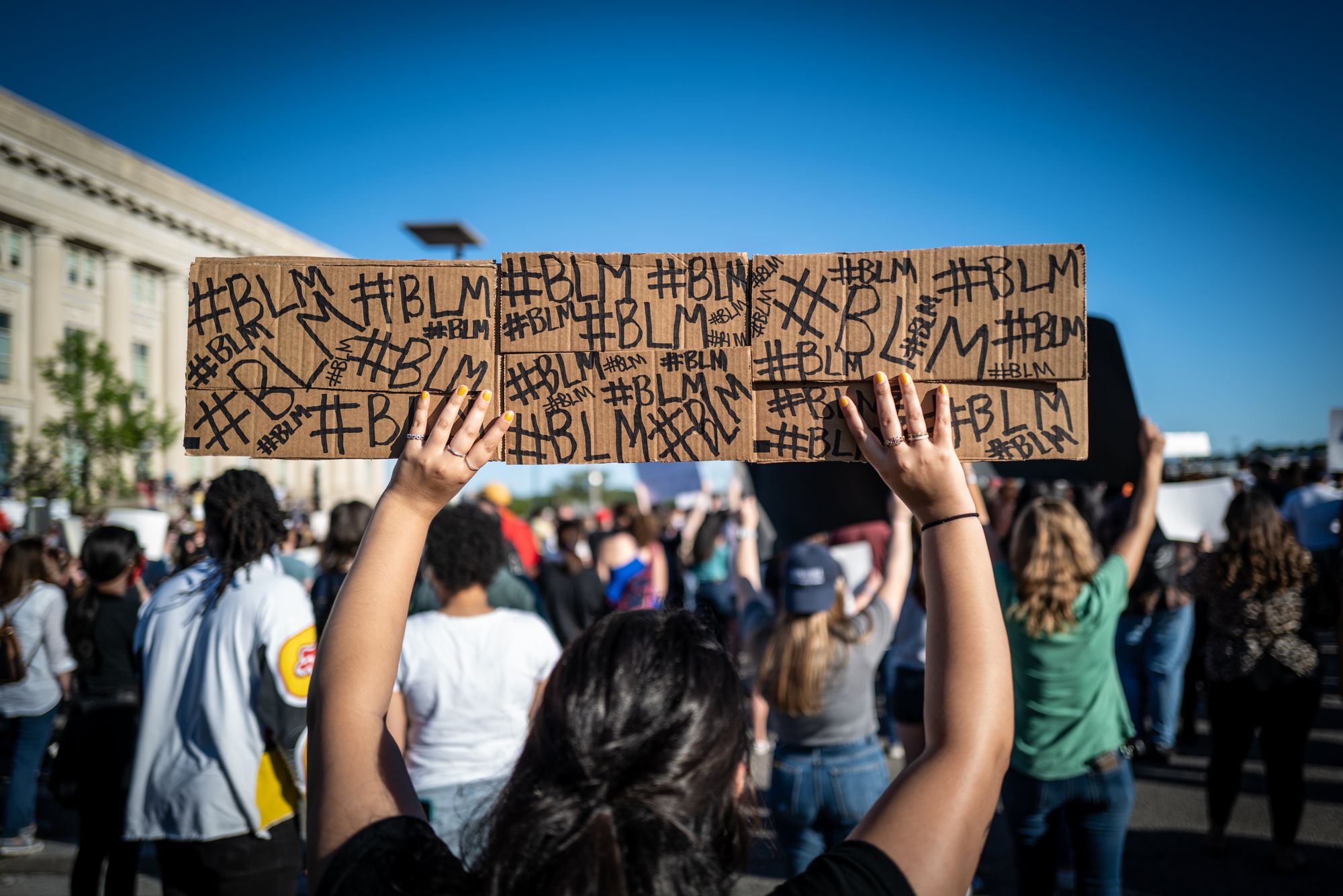
Before protesting peacefully and offering financial assistance to the relevant charities, educating ourselves on the history of racial protests is especially important.
Not only does it provide greater understanding of our current situation, but it helps us to try and avoid the mistakes of the past.
Bristol is no stranger to protests against racial discrimination.
Although the following episodes are by no means an exhaustive list of racial protest in the city, they act as a good starting point to educate ourselves about the history of Bristol race relations.
In the same vein, the brevity of the summaries of each event run the risk of losing the nuance of the situation, therefore, I recommend using these examples as a springboard for your own deeper, independent research.
Park Street Riot – 15 July 1944
Although, to students in Bristol at least, Park Street may just be the home to Pinkmans and Nandos – it was also the site of one of the most significant racial conflicts of the Second World War.
Labouring companies of Black US servicemen, who comprised roughly 10 percent of the still-segregated US army, were billeted in Bedminster, Henleaze and Shirehampton during the Second World War.
Amongst a background of institutionalised racism in the army, the all-Black US 545th Port Company unit in Bristol mutinied on the night of the 12-13 July, leading to its organiser, Robert Davis, being court-martialled and sentenced to hard labour for life.
Park Street riot 1944 Bristol, UK. https://t.co/InGyXY2AHk
— Teacher Dude (@teacherdude) April 21, 2019
Two days later, Black US GI’s congregated on Park Street, accompanied by white British women - a custom frowned upon in America at the time.
As a result, American military policemen attempted to stop the protest, leading to a confrontation between 120 military policemen and 400 Black GI’s. The ensuing fracas led to the death of a Black serviceman, with many others shot in the leg.
Order was restored by blocking off Park Street with buses and the imposition of a curfew in Bristol for many days after.
Bristol Bus Boycott – 1963
A city-wide bus boycott, led by Paul Stephenson and the Indian Development Council was implemented for four months when the Bristol Omnibus Company refused to employ Black and Asian bus crews.
Students from the University of Bristol marched in solidarity with protestors to the Transport and General Workers’ Union on 1 May 1963.
The summer months of 1963 were marked with protests on the entrenched employment discrimination within the UK, eventually culminating in the announcement on 28 August that there would be no more discrimination in the employment of bus crews.
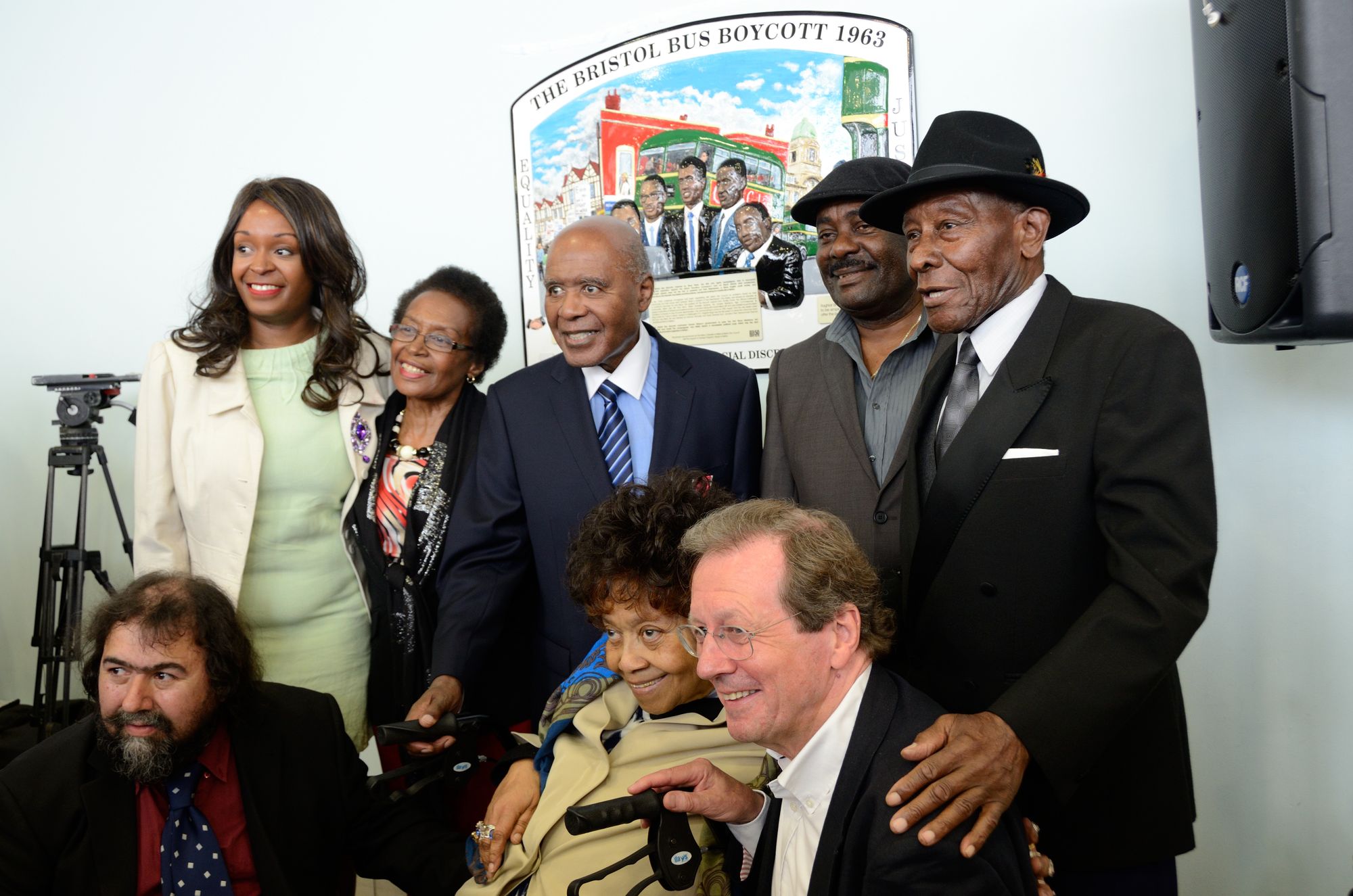
Two weeks later, on 17 September, Raghbir Singh became Bristol’s first non-white busman, joined by two Pakistani and two Jamaican men in the following days.
The legacy of this protest lies in the passing of Britain’s first anti-discrimination laws, seen in the 1965 Race Relations Act, and its 1968 reiteration.
St Pauls Riot - 2 April 1980
Increasing unemployment, coupled with local campaigning by the far-right National Front, led to a deterioration of race relations in Bristol throughout the 1970s.
This was further compounded by the increased use of ‘Stop and Search’ tactics by the police, that predominantly targeted members of the Afro-Caribbean community.
The raid on the Black and White Café, a Caribbean food establishment which carried a reputation as a drug den, was the boiling point of these racial tensions.
Soon after this raid, an estimated 100-200 Black and white protestors rioted, damaging nearby buildings and 12 police cars.
Consequently, 146 people were arrested and 90 were charged. 16 of those charged were tried for rioting, but all charges were dropped when the jury failed to reach a verdict.
The riots increased the awareness of the national authorities to causes of racial tension, such as the disproportionate targeting of the Afro-Caribbean community for ‘random’ searches.
Black Lives Matter March – 10 July 2016
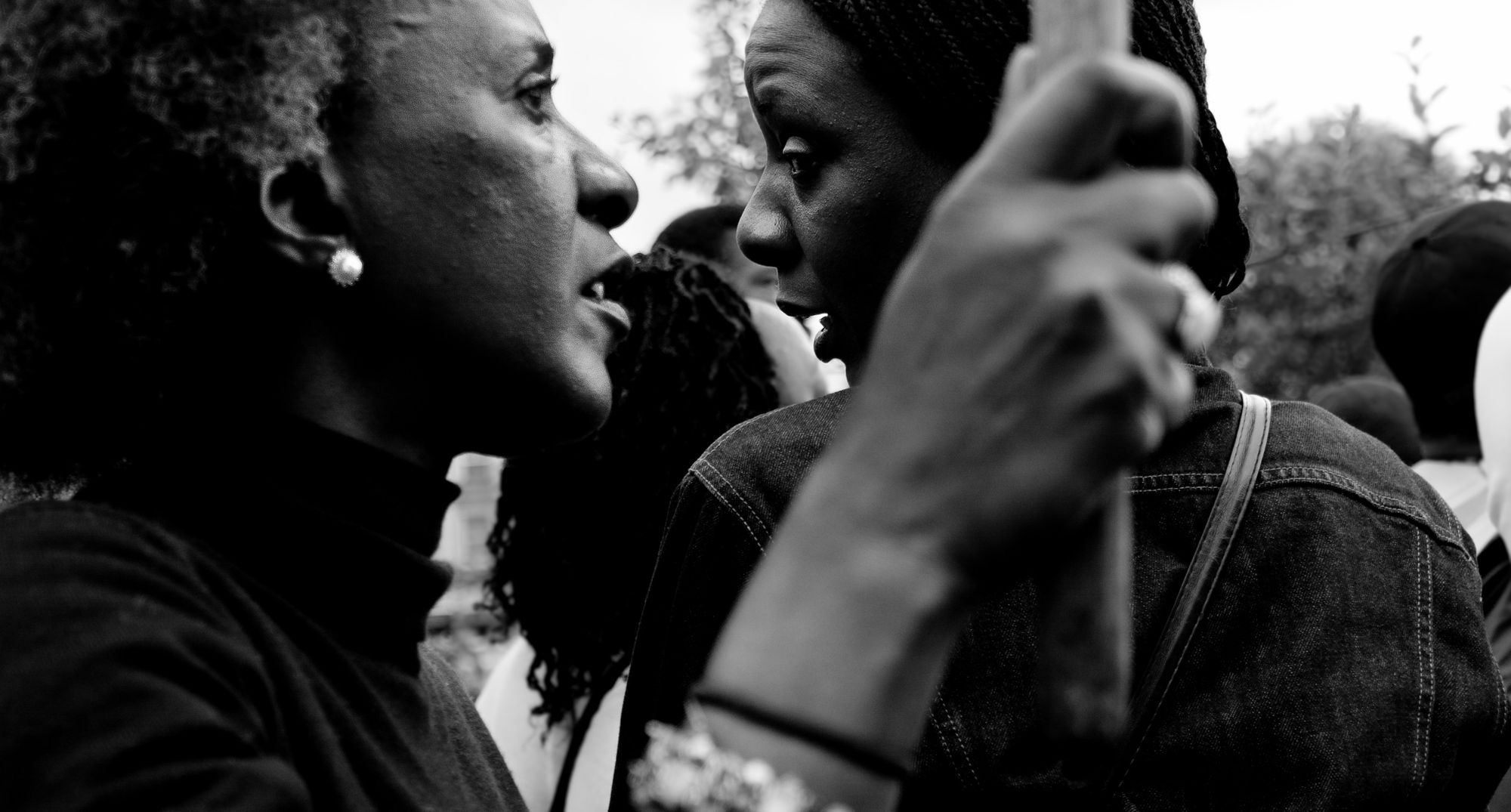
The deaths of Philando Castile and Alton Sterling, who were both unarmed when shot by the police in the USA, led to widespread outcry across the USA against police brutality.
These killings came at the end of a spate of high profile killings by US police, prompting debate around the necessity of the use of lethal force by law enforcement.
In solidarity with strikes across the Atlantic, a crowd of approximately 1000 people comprised of students and residents of all races marched through Stokes Croft from the Malcolm X centre in Bristol to raise awareness to both police brutality and the existence of preconceptions based on race.
Bristol Black Lives Matter Protest – 7 June 2020 at 13:00
Bristol will be holding its own Black Lives Matter peaceful protest on Sunday 7 June to rally against ‘the vile killings of Black people and those harmed by the police’.
At the time of publishing, 6,300 people have expressed an interest with a further 2,900 committed to going.
Organisers have emphasised the peaceful nature of the protest, condemning the use of violence.
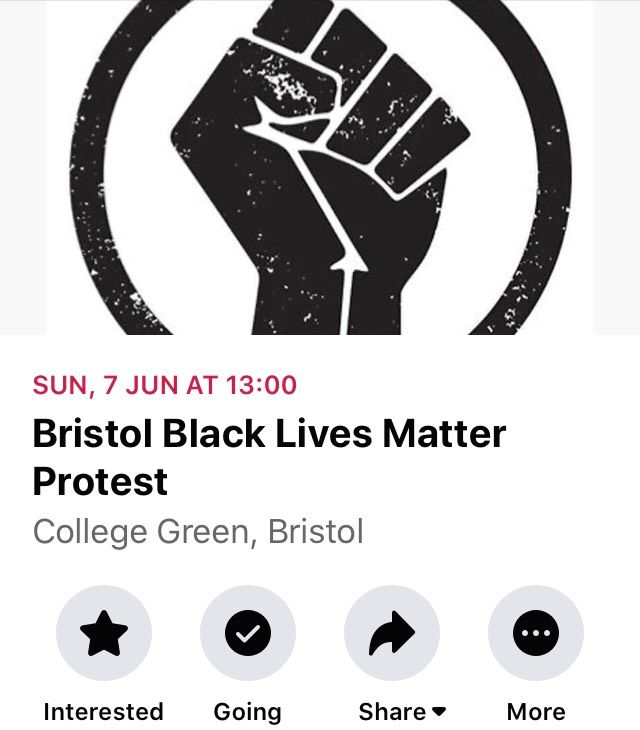
In recent scholarship on race relations, the use of ‘riot’ has become increasingly problematic for its implication that those rallying against racial discrimination in such protests were unjustified and unwarranted. Please note that this article does not use the word ‘riot’ as a judgement of right or wrong – it is to differentiate between demonstrations that used violence from those that did not.
Featured Image: Flickr/Miki Jourdan

